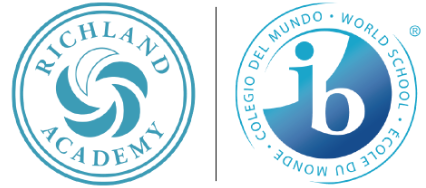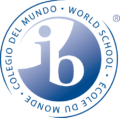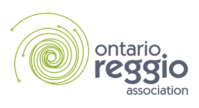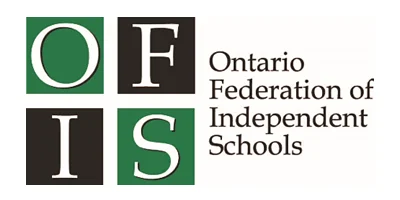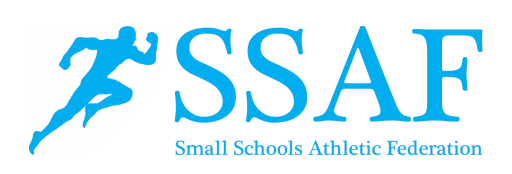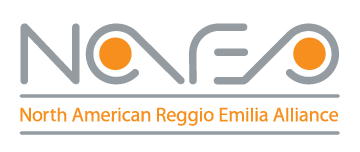 The Primary Years Programme (PYP) presents schools with a comprehensive plan for high quality, international education.
The Primary Years Programme (PYP) presents schools with a comprehensive plan for high quality, international education.
It provides schools with a curriculum framework of essential elements — the knowledge, concepts, skills, attitudes, and action that young students need to equip them for successful lives, both now and in the future.
Schools work with the five elements to construct a rigorous and challenging primary curriculum for international education.
The PYP aims to create a curriculum that is engaging, relevant, challenging and significant for learners in the 3–12 age range. The curriculum is transdisciplinary, meaning that it focuses on issues that go across subject areas.
The PYP is organized according to:
- The written curriculum, which explains what PYP students will learn
- The taught curriculum, which sets out how educators teach the PYP
- The assessed curriculum, which details the principles and practice of effective assessment in the PYP
Source: ibo.org
In Kindergarten, we have 4 inquiries that we explore over the course of the year. Students become familiar with the 5 essential elements of IB – Attitudes, Knowledge, Key Concepts, Skills, and Action. We link learning to the learner profile traits as well as the attitudes. Students share their knowledge in different ways, and we as educators capture this knowledge so that we can celebrate and share it.
This week we are starting our summative task for HOW WE EXPRESS OURSELVES. Our central idea is Stories can take on different forms and be told in different ways. A culmination of learning, that begun with a trip to see The Paper Bag Princess on stage, is ending with inviting students to retell the story using the 100 Languages. We came together as a group to discuss the different ways we can retell the story and the different materials we could use. From there, students chose whether to work independently, with a partner, or in a small group. Here are some photos of SK1 learners using the 100 Languages to retell a familiar story.

